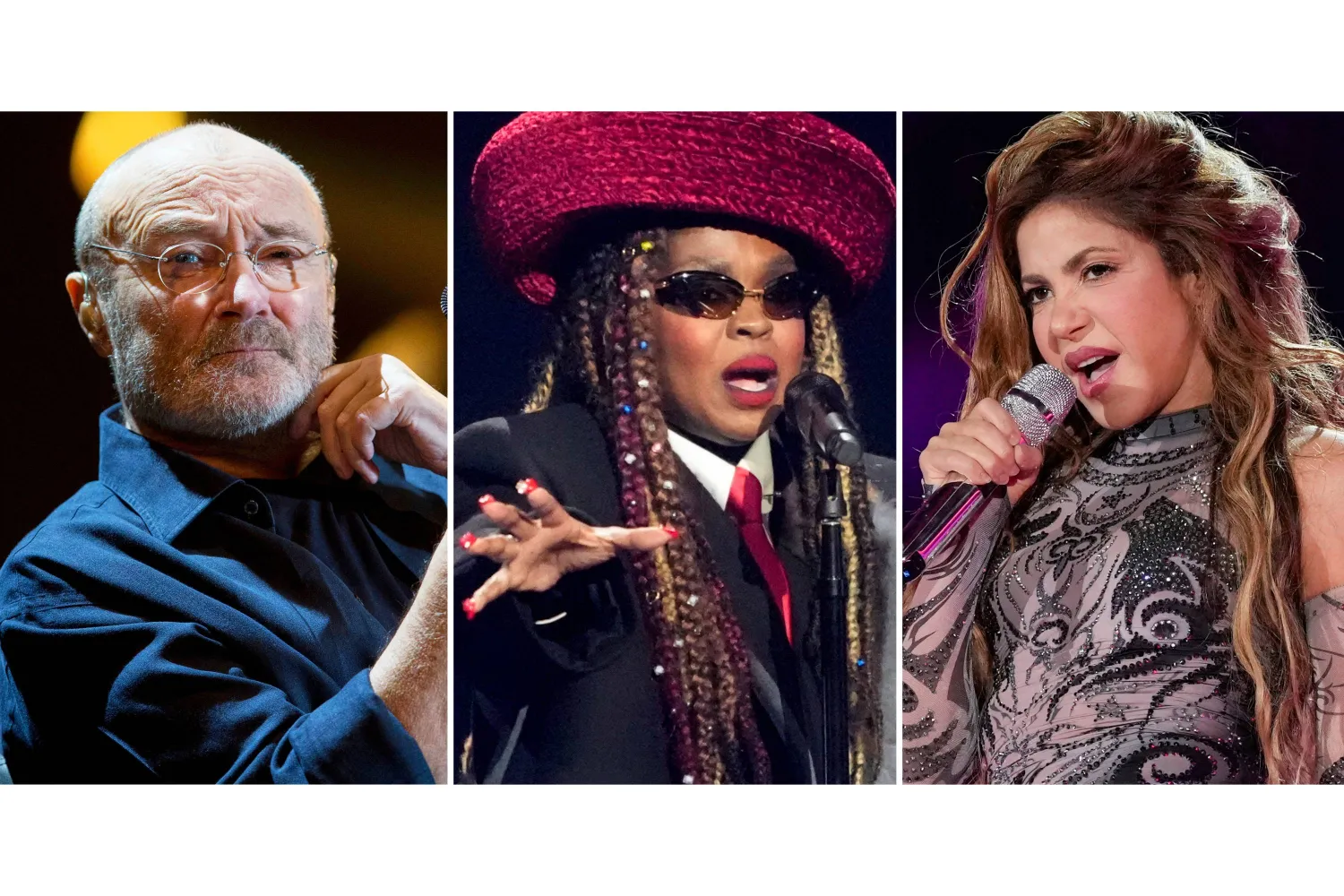Celine Song’s quiet romance "Past Lives" won two of the biggest awards at the Film Independent Spirit Awards Sunday afternoon, including best feature and best director. Other big winners were Cord Jefferson’s comedic satire "American Fiction," with Jeffrey Wright winning for lead performer; and Alexander Payne’s "The Holdovers," which won prizes for Da'Vine Joy Randolph and Dominic Sessa.
The 39th edition of the show was held Sunday in a beachside tent in Santa Monica, California, and streamed live on IMDb and Film Independent’s YouTube channels and X accounts.
"Thank you so much for letting me share what it feels like to be human, to love and be loved, and thank you for loving our film," Song said in accepting the directing prize.
Her film was among the top nominated at the show, alongside "May December," which won only one award (for Samy Burch's first screenplay) and "American Fiction," which fared better.
Wright won for playing a frustrated author who becomes wildly successful by writing something he hates in "American Fiction."
"You go to these awards shows, you kind of grow tired of them," Wright said. "And then you get one, and it kind of changes the vibe a little bit."
He noted that it was made independently because "nobody wanted to finance it."
The Spirit Awards sit firmly within the larger Hollywood awards season, which culminates with the Oscars on March 10. But with a budget cap of $20 million for nominees, the show celebrates films that sometimes go unheralded, or at least under-nominated, at the bigger shows.
Host Aidy Bryant called it "the only place in the world where $20 million is like no money."
Randolph continued her sweep of the broader season, winning best supporting performance for playing the grieving cook Mary Lamb in "The Holdovers." Not 24 hours ago, right across town, she also picked up the best supporting actress award at the SAG Awards.
"Independent films are the beating heart of our industry, and they are worth fighting for," Randolph said. She did, however, wish that they might have been able to afford heated seats while filming in Boston in the winter.
Randolph beat out the likes of Anne Hathaway ("Eileen"), Charles Melton ("May December") and Sterling K. Brown ("American Fiction") for the prize.
Her co-star, Sessa, later won the breakthrough prize.
"I promise it’s not all downhill from here," Sessa said, thanking his high school acting teachers.
Last year, "Everything Everywhere All At Once" swept the Spirit Awards before going on to do the same at the Oscars. But this year, many top Oscar contenders — including "Oppenheimer,Barbie" and "Killers of the Flower Moon" — would not have qualified.
Kaouther Ben Hania’s film " Four Daughters," which is nominated for the corresponding Oscar, won best documentary. And Justine Triet’s "Anatomy of a Fall," also nominated for best picture at the Oscars, won best international feature over "The Zone of Interest."
"Los Angeles has a special place in my heart. It’s the city of John Cassavetes and Gena Rowlands," Triet said. "Without discovering them at their films at the age of 20, I wouldn’t have had the desire to make my own films and I wouldn’t be here today."
The Cassavetes ethos actually has its own award, honoring a film made for under $1 million. That prize went this year to "Fremont," about an Afghan translator working for a Chinese fortune cookie factory.
The show had some unexpected background noise, from one man with a loudspeaker conducting a pro-Palestine protest outside the tent that lasted for some time.
"We are at the beach, and people are celebrating their freedom of speech," Bryant said.
The shouting outside disrupted Jim Gaffigan’s tribute to "Jury Duty" and many more winners’ speeches. Comedian Jimmy O. Yang, speaking from the stage to present the best cinematography award, assumed it was a heckler outside.
Later, "Fremont" filmmaker Babak Jalali said he was sure that what was being said outside the tent was much more important than anything he had to say.
The Spirit Awards also honor television. Netflix’s "Beef" won best new scripted series and Ali Wong picked up best lead performance.
Nick Offerman won best supporting performance in a new scripted series for his turn in "The Last of Us." And 11-year-old actor Keivonn Montreal Woodard also won the breakthrough performance award for a new scripted series for "The Last of Us," giving his acceptance speech in American Sign Language.









